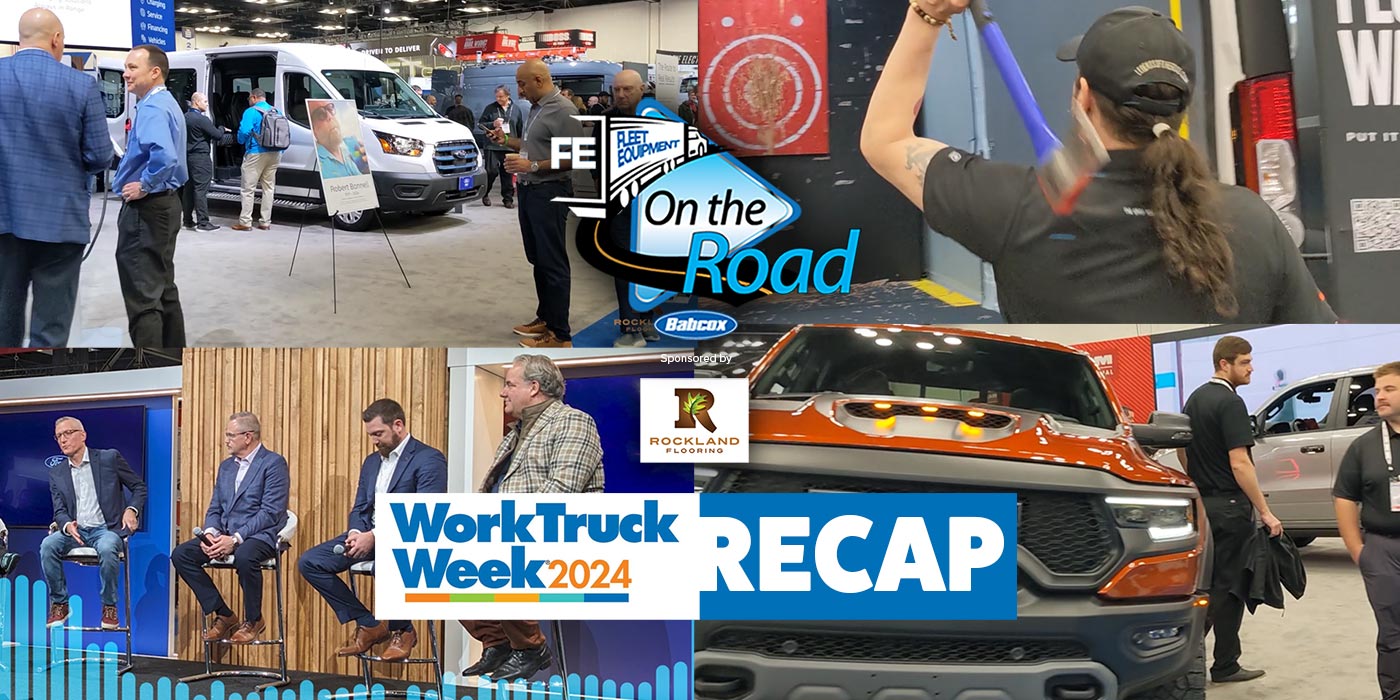The truck driver shortage is no secret. And it’s easy enough to understand: there are some jobs that, while they’re a great way to earn a living, come with a certain amount of risk, result in a lot of time away from home, or just aren’t exciting, and for a lot of people, long-haul truck driving checks all three of those boxes.
The burden is placed on fleets to make the cabs of these trucks an appealing place for potential drivers to spend all of that time. Technology has come a long way in that respect, as drivers can have TVs, microwaves, refrigerators, game systems, DVD players, heating and cooling systems all hooked up in the cab. And hey, that doesn’t sound half bad… Why doesn’t my office have a game system and a fridge?
Anyway, from the fleet’s side of things, there’s a downside of all of this, and that’s the significant strain these items all place on the truck’s battery and electrical system. This steady eating away at the battery and electrical system is called parasitic loads, or hotel loads, and can result in a truck that’s been overworked not starting in the morning.
It’s a delicate balance for fleet managers: The fleet needs its drivers to be comfortable and have the best experience to retain them, but the truck needs to be fully functional. Since this is Fleet Equipment, let’s talk equipment solutions.
Devices drawing power from the truck aren’t necessarily a problem when the truck is on and running. It’s when the truck is off that these problems can arise. Many of the aforementioned electrical devices run constantly, drawing power from the truck even when it isn’t running. As a fleet manager, you can control the amount of electrical demand on the truck when it is off. One such solution is to use low voltage disconnects or LVDs, which disconnect loads when the batteries reach a set state of charge.
Additionally, with increased stress on the truck’s batteries, fleets need to be sure that the batteries they choose are up to the challenge, so be sure to check the specs on those as well.
Now, spec’ing the right equipment may be important but it can’t solve this problem alone. Drivers need to make sure they are following proper electrical practices such as being sure not to leave devices on overnight unnecessarily. In turn, fleets need to ensure that their driver training programs adequately address this issue, ensuring that drivers know what to turn off and unplug when not in use, and where to draw their power from.
Beyond those driver comforts, extreme temperatures—both on the hot and cold end of the spectrum—can wreak havoc on a truck’s electrical systems, so fleets need to be sure that each truck is adequately prepared for the routes it runs.
In hot weather, fleets need to be aware of increased depth of discharge, which can result in shortened battery life.
The impact of cold weather is different, but no less problematic. Many batteries lose capacity in below-freezing conditions.
Fleet Equipment’s On The Road is sponsored by Noregon. Subscribe to our newsletter to catch every episode as we dive into the best practices and servicing information to keep your trucks On The Road.













